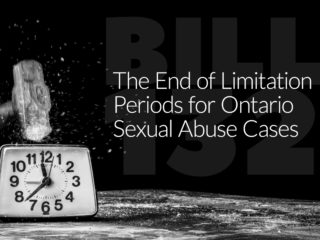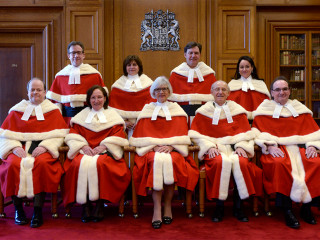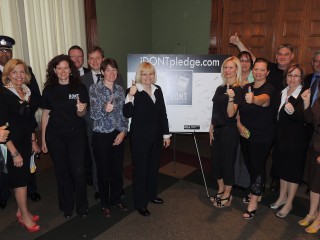In November 2017, J.E. was walking on a sidewalk in Waterloo when he was injured by a bus stop sign that was protruding into his path. He claimed damages for injuries including concussion, depression and anxiety. In 2023, J.E. was subsequently hospitalized, diagnosed with and treated for schizophrenia.
Cooper v. Beaudoin, 2023 ONSC 6543
This Ottawa occupiers’ liability case was a bifurcated trial with the issue of liability heard first. While the analysis is largely fact driven, Cooper provides a helpful analysis of occupiers’ liability law and a thorough review of the judge’s findings of fact.
Barry v. His Majesty the King in Right of Ontario, 2023 ONSC 4299
This occupiers’ liability case highlights the importance of meeting the 10-day statutory notice requirements in proceedings against the Crown
Herrington v. Brewer et al., 2022 ONSC 2852
Full Decision The Superior Court of Justice helpfully clarifies the approach to quantifying loss of competitive advantage in Herrington. After sustaining injuries in a motor vehicle collision, the plaintiff continued to earn business income but in a market with serious labour shortages. Additionally, he was no longer able to perform the physical work of the job. The case also addressed causation and the “crumbling skull” …
D’Eon v. Hosseini, 2022 ONSC 4397
An example of the plaintiff advancing a significant damages claim after sustaining mild traumatic injuries.
Stewart v. Lattanzio, 2022 ONSC 1770
In Stewart, the plaintiff’s motion seeking to compel production of an expert assessment company’s records dealt with the issue of whether an opposing party’s expert communications and drafts are protected by litigation privilege.



















